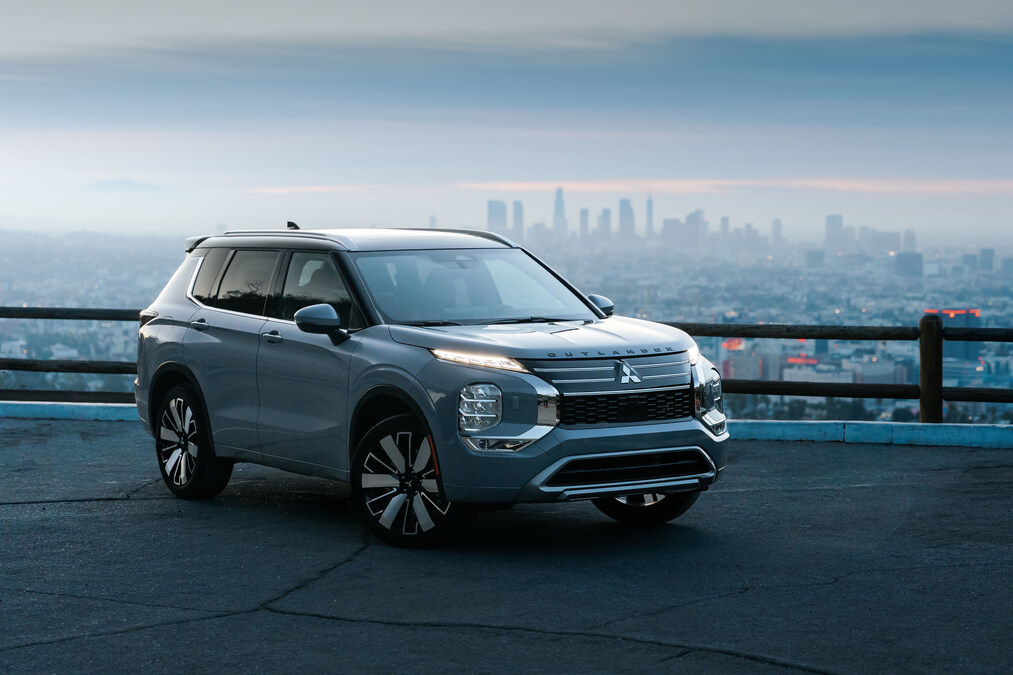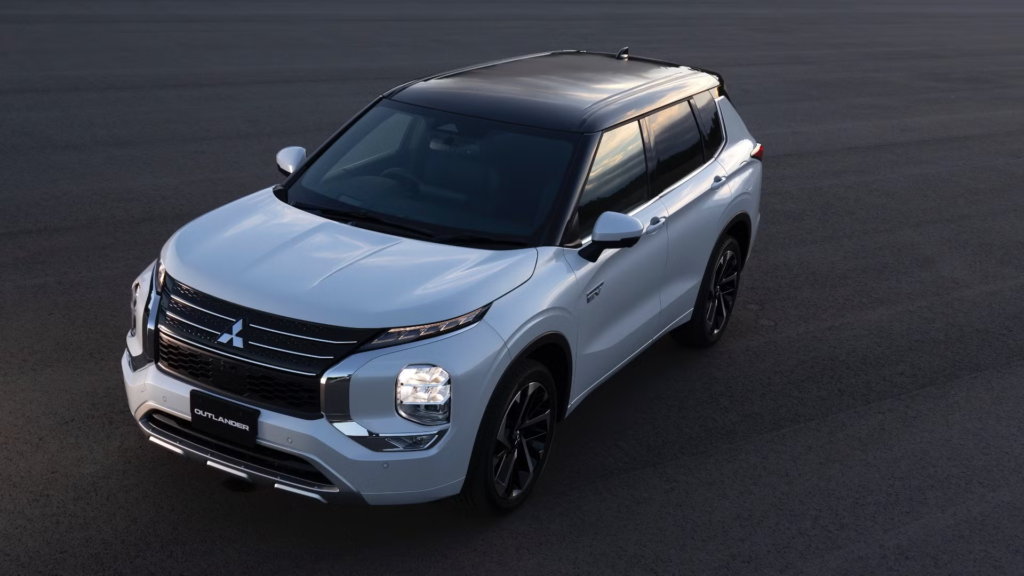Mitsubishi Motors has confirmed that starting June 18, Manufacturer’s Suggested Retail Prices (MSRPs) for its vehicles in the United States will increase by 2.1%. The Japanese automaker cited newly enforced import tariffs—originally implemented during the Trump administration—as the primary cause. The price hike will apply to all new factory orders placed from June 18 onward, not to vehicles currently in dealer inventories.
This decision comes as many global automakers adjust their pricing structures in response to the reimplementation of trade duties on imported vehicles and components, especially from Asian markets. Mitsubishi emphasized that the change is essential to manage rising operational costs without compromising product quality.
Source: Mitsubishi Motors North America
What Is Causing the Price Increase?
According to Mitsubishi, the move is directly linked to federal import duties on vehicles and parts, which are now being enforced again under new federal trade policies. These tariffs were initially imposed during the Trump administration as part of a broader strategy to promote domestic manufacturing and reduce reliance on foreign imports.

Mitsubishi released a statement explaining:
“Due to changes in federal import tariffs, we are adjusting pricing across our product line to reflect the rising cost of vehicle production and delivery. This ensures we can continue to offer the same level of quality, safety, and technology while absorbing part of the cost impact ourselves.”
The price increase will affect Mitsubishi’s full range of U.S. vehicles, including the popular Outlander, Eclipse Cross, and Mirage models.
Why Tariffs Are Making Cars More Expensive Again
The Trump administration’s trade policies introduced tariffs on imported steel, aluminum, and fully assembled vehicles from specific countries, including Japan. While some of these tariffs were relaxed or suspended under President Biden’s term, recent trade developments have led to a re-enforcement of these duties to address economic imbalances and national security concerns.
As a result, automakers that rely heavily on importing vehicles or components—such as Mitsubishi—are now facing added costs that are difficult to absorb without price changes. These import duties are making it increasingly expensive to sell foreign-made vehicles in the U.S., impacting brands with international supply chains the most.
Learn more about U.S. auto tariffs here
Impact on American Consumers
For U.S. consumers, this change means they will be paying more for new Mitsubishi vehicles starting June 18. On average, prices will go up by a few hundred dollars depending on the model. For instance:

- A Mitsubishi Outlander, currently priced at $29,000, will cost approximately $609 more
- A Mirage, one of the most affordable cars on the market at $17,600, will see a rise to about $17,968
Though 2.1% may appear small, it reflects a growing trend in the automotive industry, where inflation, supply chain instability, and now tariffs are all contributing to rising costs. Consumers who purchase vehicles already in dealership stock will not be affected, but any custom factory orders placed on or after June 18 will include the updated pricing.
Mitsubishi’s Strategy in a Competitive Market
Despite this adjustment, Mitsubishi is positioning itself to remain competitive. The brand is known for offering value-focused SUVs, long warranty coverage, and fuel efficiency. In recent years, however, Mitsubishi has faced stiff competition from brands like Toyota, Honda, and Hyundai.
Mitsubishi continues to focus on affordable pricing, extended warranties—such as its 10-year/100,000-mile powertrain coverage—and improved in-car technology to retain market share. The company is trying to maintain its reputation for delivering quality and dependability, even while prices rise due to external economic pressures.
By raising prices slightly while continuing to absorb part of the increased costs themselves, Mitsubishi is aiming to balance financial sustainability with customer retention.
What Industry Experts Are Saying
Auto industry analysts believe this move is likely the first in a broader wave of price increases as manufacturers cope with evolving trade dynamics.
Kelley Blue Book analyst Jessica Caldwell shared the following insight:
“Mitsubishi is acting early, which might give them some breathing room before competitors follow. Tariffs are never isolated in their impact. The pressure is going to ripple through the market.”
With many other automakers, especially those based in Japan or South Korea, importing a significant portion of their vehicle components, similar price increases could follow across the industry.
Auto industry updates and expert insights
What This Means for Dealers and Buyers
Dealerships across the U.S. are now informing customers about the upcoming price revision. Many are launching limited-time promotions encouraging buyers to place orders before the June 18 deadline to lock in current prices.

Some dealers are offering special financing or discounted maintenance packages for buyers who make a purchase before the increase becomes effective. For those considering a Mitsubishi vehicle, it may be wise to act sooner rather than later.
The Road Ahead for Mitsubishi and U.S. Auto Sales
The U.S. auto market is undergoing a transformation. Tariffs, raw material costs, a shift toward electric vehicles, and global supply chain instability are all pushing automakers to reassess their strategies.
Mitsubishi’s price increase is a clear response to these evolving economic pressures. Whether this move will impact its sales volume or set a precedent for other automakers remains to be seen. However, one fact is certain: imported vehicles are becoming more expensive, and consumers will need to adjust their expectations accordingly.
For Mitsubishi, the next few quarters will be critical. The brand must carefully balance cost management and market competitiveness while maintaining its customer base.
Summary
Effective June 18, 2025, Mitsubishi will raise the MSRPs of its new U.S. vehicle orders by 2.1%, citing higher costs due to reinstated tariffs originating from the Trump administration’s trade policy. The change will not affect cars already in stock at dealerships. Consumers are encouraged to make purchases before June 18 to avoid the increase.
As global trade tensions escalate, this could be the first of many such pricing changes across the auto industry.
Also Read – Roborock Saros Z70 Redefines Smart Cleaning With Mechanical Arm






